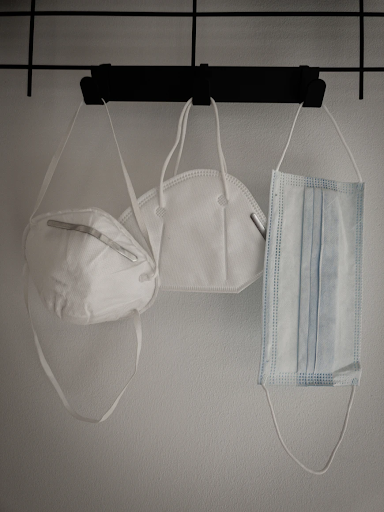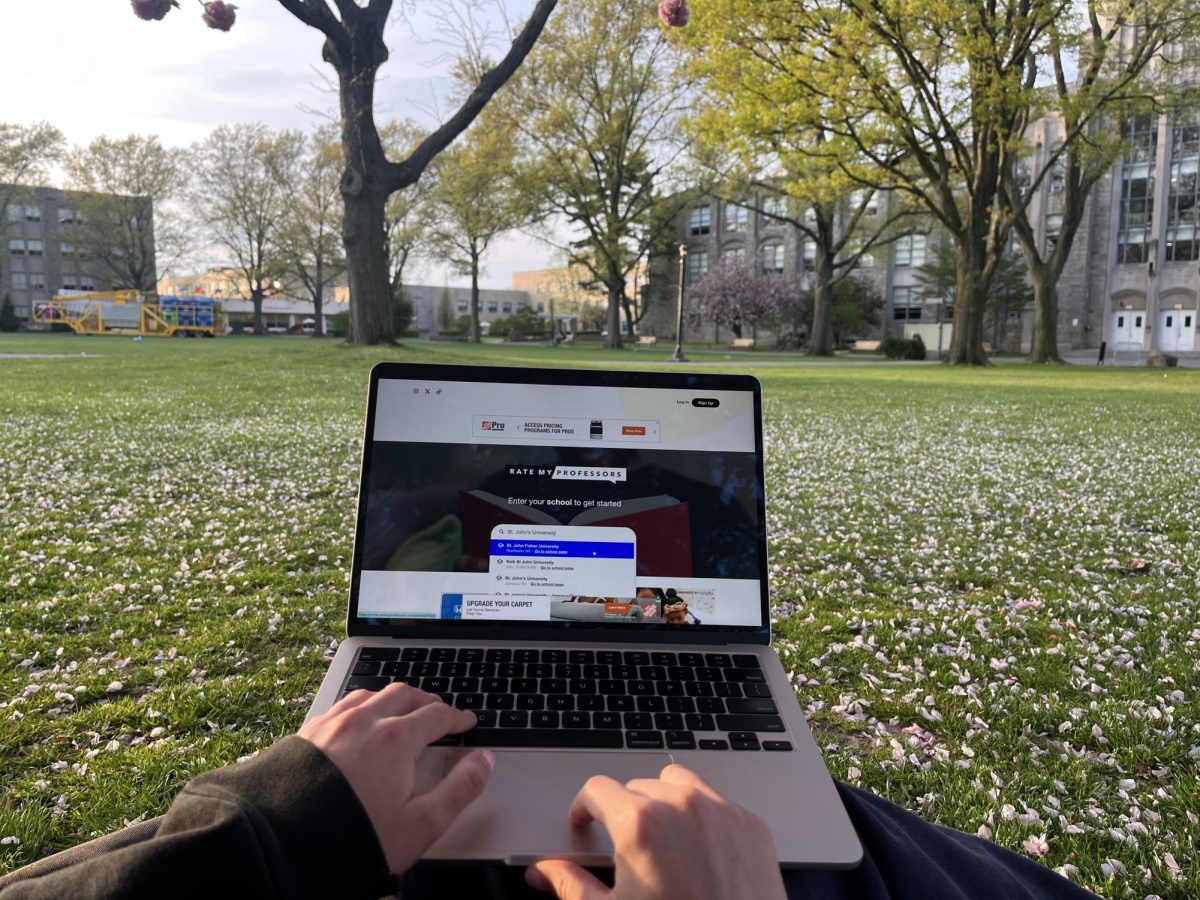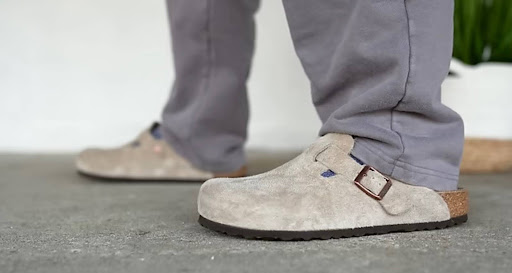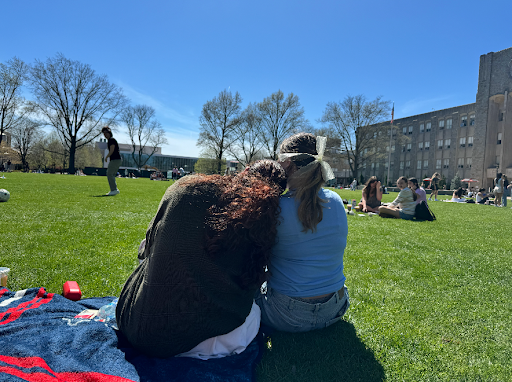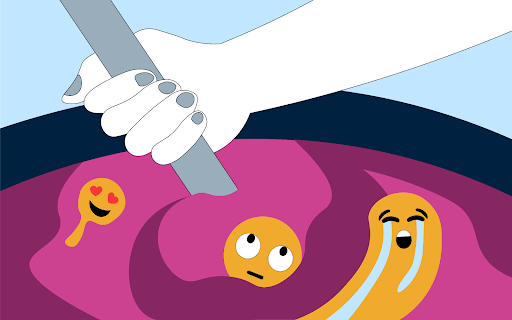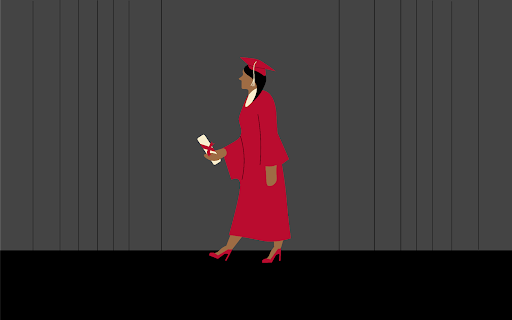Rounding the corner into the third year of the COVID-19 pandemic, attitudes revolving around safety restrictions are split now more than ever. Fearing the rise of another variant, many people feel equally — or even more — frightened now than they did in the early months of 2020. Others are done with the pandemic, fed up with the constant restrictions and guidelines; they crave an ordinary life.
Going into the third year of the pandemic, those who are tired and less lenient as vaccines and boosters have rolled out aren’t as afraid of contracting the virus. They have learned to live alongside COVID-19 instead of fearing it. Katie Flynn, a 2021 St. John’s University Public Relations graduate, notes the difference in attitude since the beginning of the COVID-19 pandemic.
“People feel that they have taken necessary precautions to be able to resume normal life by eating indoors, traveling, and returning to the office,” said Flynn. “Whereas, at the beginning, people were sanitizing their groceries, double masking during spikes, and staying indoors days on end, afraid of what would happen if they were exposed.”
The stay-at-home order instated in March 2020 will forever have an impact on our lives; on top of financial anxieties and economic plummets, it skyrocketed mental illnesses, health worries and social phobias. The Kaiser Family Foundation, or KFF, a nonprofit organization, provides trusted information on national health issues, whether it be physical health or mental health. From January to June of 2020, 11.0% of people reported an anxiety or depressive disorder, whereas in January of 2021, 41.1% of people reported this, according to a poll by KFF. By recording data on mental health prior to COVID-19 and comparing it with mental health data in the height of the pandemic, KKF encapsulated just how much COVID-19 has caused mental health issues to increase by 30%.
Giavonna Bovino, a Senior majoring in Speech Language Pathology and Audiology, recalls how “it was a really dark time in [her] life, and everyone that [she] knew was struggling, whether it was with the pandemic itself, or the loneliness of quarantine.” And almost two years later, new variants of COVID-19 are continuing to surface. Omicron, the most recent COVID-19 variant, moved through the population at lightning speed, causing record case numbers; the United States counted nearly 500,000 cases in a single day Omicron causes record-breaking COVID cases in the US and globally, according to NPR.
Not only has this variant plateaued, but it is also declining just as quickly as it rose. In many schools, businesses, cities and countries, the worst of the Omicron wave has passed, leading to the loosening of the restriction reins to a level not seen since before the early months of 2020. With St. John’s University’s mask mandate lifting on March 7, 2022 as reported by The Torch, masks can now be discarded, indoors or out, and mingling in close proximity can occur once more.
“It’s exciting, I mean, this is the first time in two years that I finally feel like school is back to normal,” says Bovino.
As many people have been eagerly waiting to ditch their masks, socialize more closely and reinstate a pre-pandemic sense of life, not everyone can hop on that bandwagon. Individuals who are immuno-compromised due to health conditions or use of certain medications are still just as worried about COVID-19 as they were in the beginning; for them, the pandemic isn’t forgotten. Nor is it over for those they interact with, who must continue to be cautious to assure their protection.
However, not all the outcomes of the pandemic were negative. Annie Murphy, a sophomore Education major, believes that we can take something positive away from the turmoil that ensued back in March 2020. “There are so many parts of our daily lives that were changed for the worse, and yet, there are some good things that come out of the bad,” said Murphy. “Life was put on hold for a bit. We had the time to slow down, to reflect and realize who and what is most important to us.”
As individuals had time to reflect, so did businesses and schools, who have learned to think differently. For example, St. John’s University now offers many online classes to accommodate different situations. This flexibility of scheduling opens doors for those who have full-time jobs, parenting responsibilities or even commuting issues. As St. John’s University continues to remain optimistic about returning to its mask-less state, its students, staff and faculty are able to catch a glimpse of normalcy.












